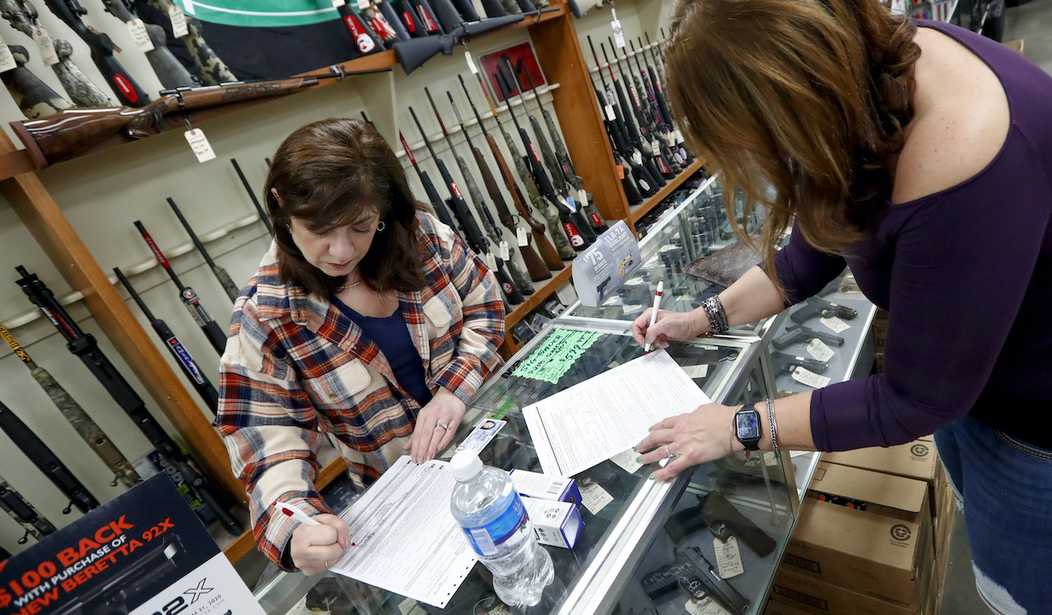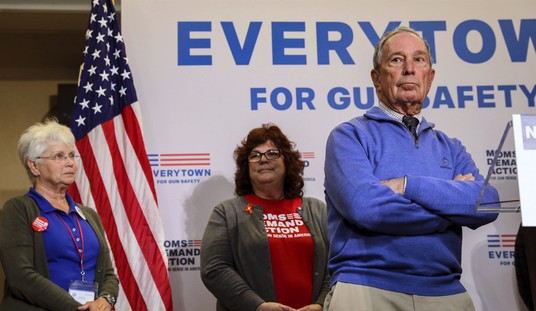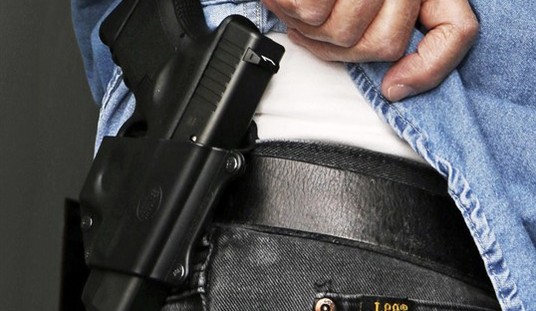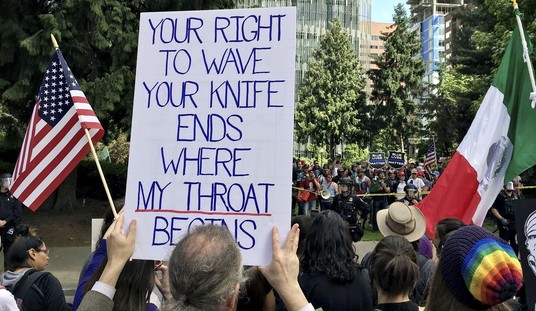In the wake of the Lewiston shooting, there are a lot of people asking questions. This isn’t bad, in and of itself. It’s how we learn things, after all.
While some of the questions may seem dumb, I much prefer those who ask them over those who think they know what they’re talking about but don’t.
But the truth is that many people ask questions as a way of suggesting solutions to the issue of mass shootings, only they’re not really familiar enough with the way things work for those solutions to make any sense.
ABC News reported that back on Aug. 5, the suspect went to Coastal Defense Firearms in Auburn, Maine, to pick up a silencer. When the owner presented him with the standard federal form, ATF Form 4473, the suspect actually checked the mental illness box!
Question 11-f: “Have you ever been adjudicated to be a mentally defective, etc…” etc. Actually, the suspect had never been formally judged as mentally defective; he’d only been treated for mental illness, but he checked the box anyway.
And so the owner, Rick LaChapelle, who also happens to serve on the Lewiston City Council, did his duty and refused to hand over the silencer. The customer was turned away, even though he would have passed a background check.
This is significant (to me, anyway) – if there was a private agreement among gun dealers to share information about suspicious customers, Mr. LaChappelle, the shop owner, could have instantly alerted every other gun dealer in the area about this guy.
Which is why I keep asking, why isn’t there such a network? No gun shop wants to see its merchandise used in a massacre. They would probably appreciate anything that would help them assess whether the person buying all those guns can be trusted.
Why? Well, for one thing, the Privacy Act of 1974.
You see, the information put on a Form 4473 is confidential. By law, that information cannot be disclosed, which means that any gun store owner who was part of such a network would be opening themselves up to all kinds of lawsuits.
“But if they’re ineligible…”
Here’s the thing, though. Not everyone who answers a certain way on the form’s questions are actually ineligible. There’s a lot of reference to the fact that the Lewiston killer wasn’t actually ineligible to buy a gun. He checked the question wrongly.
In this case, it was wrong and yet, somehow, accurate, but that’s not always the case.
My late father went to buy me a Mosin Nagant for my birthday one year. He filled out the 4473 and the clerk told him to check his answers because, as things stood, he couldn’t sell my father the gun. Somehow, Dad got tripped up on one of the questions–my guess is the one about his military discharge since that’s the wonkiest one–and so he couldn’t buy the gun.
Now, Dad was a retired veteran police officer who hadn’t had a traffic ticket in more than 50 years. He was eligible, but the question tripped him up and on that day, he didn’t realize it.
What this guy is suggesting, though, is that gun stores all over town pass the word not to sell a gun to this retired police officer with as clean of a record as one could ask.
Meanwhile, someone who wants to commit some kind of atrocity like the Lewiston killer will just go to another gun store outside of that informal network.
I get that the person who wrote that above is just spitballing ideas here. He’s likely trying to find a way to deal with mass shootings without legislation, which I respect.
But this isn’t the way to do it. Even if it weren’t illegal, it doesn’t take into account that some people just misread stuff and answer the question wrong. That’s not a disqualifying condition, nor should it be treated like so.








